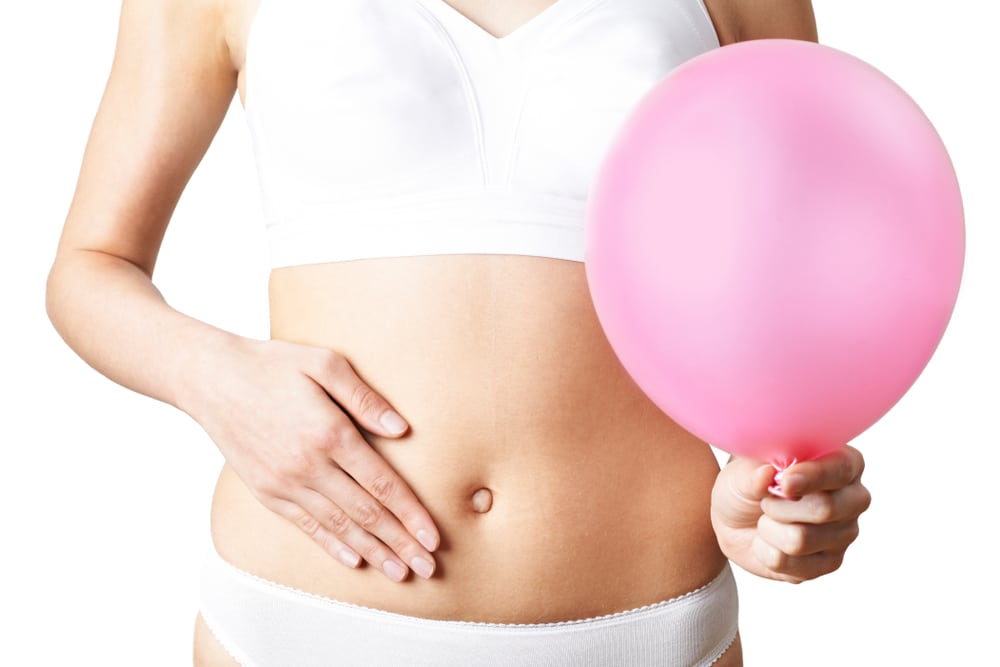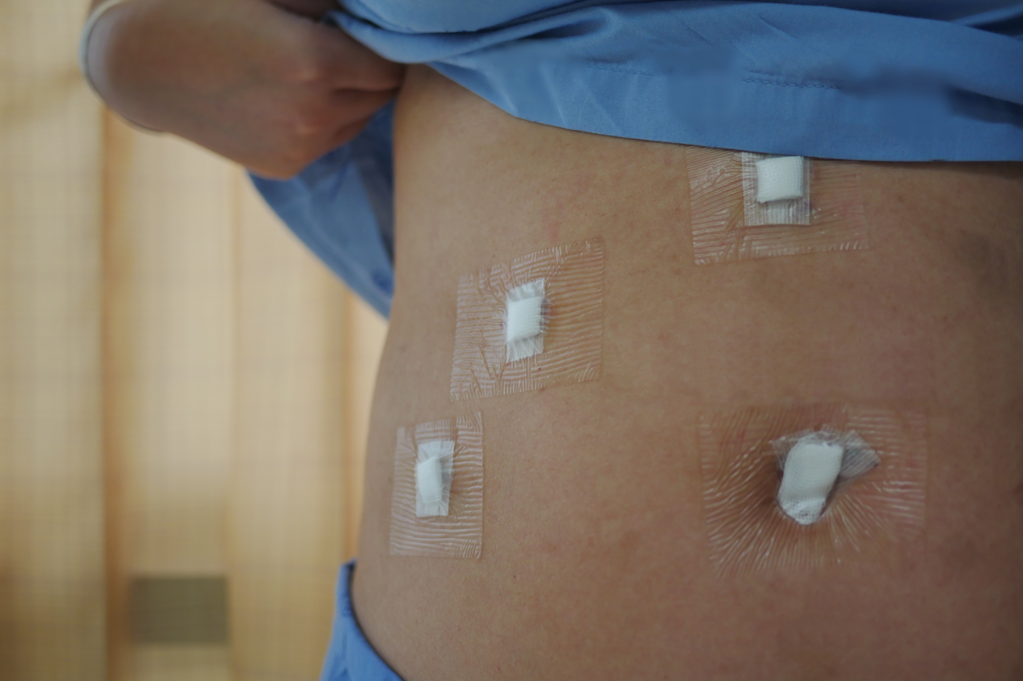Yes, there is a well-established connection between bloatingand hormonal changes in women, particularly during the menstrual cycle. This phenomenon is often referred to as “menstrual bloating,” and it is a common symptom experienced by many women in the days leading up to and during their menstrual periods.
Several factors contribute to this connection:
- Hormonal Fluctuations: The menstrual cycle involves a complex interplay of hormones, primarily estrogen and progesterone. These hormones rise and fall throughout the cycle. In the days before menstruation, both estrogen and progesterone levels drop. These hormonal shifts can affect various bodily functions, including those related to digestion and fluid balance.
- Fluid Retention: Hormonal changes can lead to fluid retention, also known as edema. Estrogen can affect sodium and water balance in the body, leading to increased water retention. This can result in swelling and a feeling of fullness in the abdomen and other parts of the body.
- Gastrointestinal Effects: Hormonal fluctuations can influence the muscles of the gastrointestinal tract. Progesterone, in particular, has a relaxing effect on these muscles, potentially slowing down the movement of food and waste through the digestive system. This can lead to feelings of abdominal discomfort and bloating.
- Premenstrual Syndrome (PMS): Menstrual bloating is often considered a symptom of premenstrual syndrome (PMS), a collection of physical and emotional symptoms that many women experience before their periods. Bloating can accompany other PMS symptoms such as breast tenderness, mood swings, and fatigue.
To alleviate bloating associated with hormonal changes during the menstrual cycle, here are some strategies:
- Dietary Modifications: Reducing salt intake can help minimize water retention. Consuming smaller, more frequent meals and avoiding gas-producing foods can also help ease digestive discomfort.
- Hydration: Staying well-hydrated can actually help reduce fluid retention by signaling to the body that it does not need to retain water.
- Exercise: Regular physical activity can help with fluid balance and digestion. It may also alleviate some of the physical and emotional symptoms of PMS.
- Over-the-Counter Medications: Over-the-counter medications like diuretics (water pills) may help alleviate water retention, but it’s essential to consult a healthcare provider before using them.
- Stress Management: Stress can exacerbate PMS symptoms, so stress reduction techniques such as relaxation exercises and meditation may be beneficial.
It’s important to note that while menstrual bloating is common, it can vary from person to person in terms of severity and duration. If the symptoms are severe, persist beyond menstruation, or are accompanied by other concerning symptoms, it’s advisable to consult a healthcare provider for further evaluation and personalized guidance.
For more information, consult Dr. Vedant Karvir the Best Gastroenterologist in Palghar Practicing at Globus Gastroenterology Hospital.



